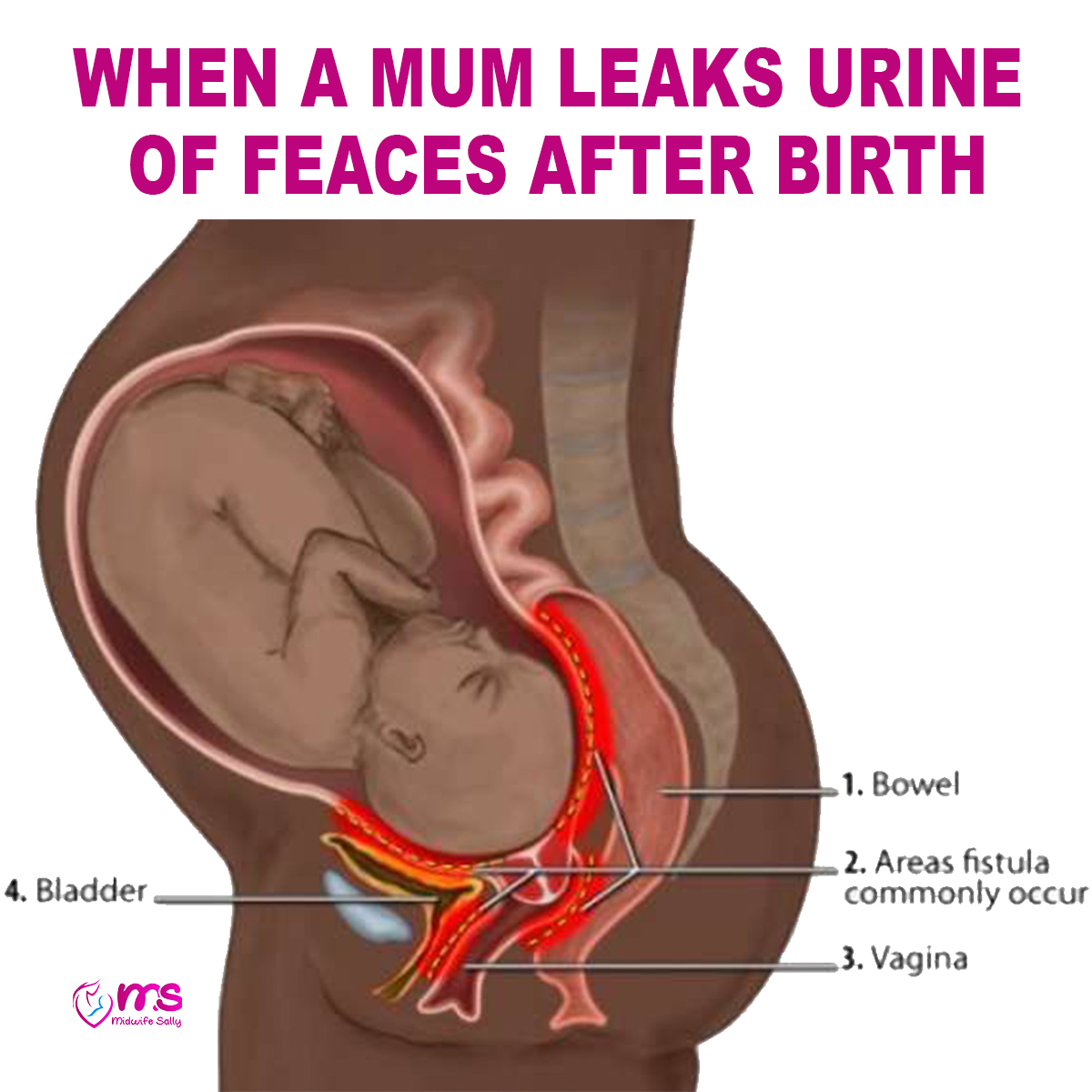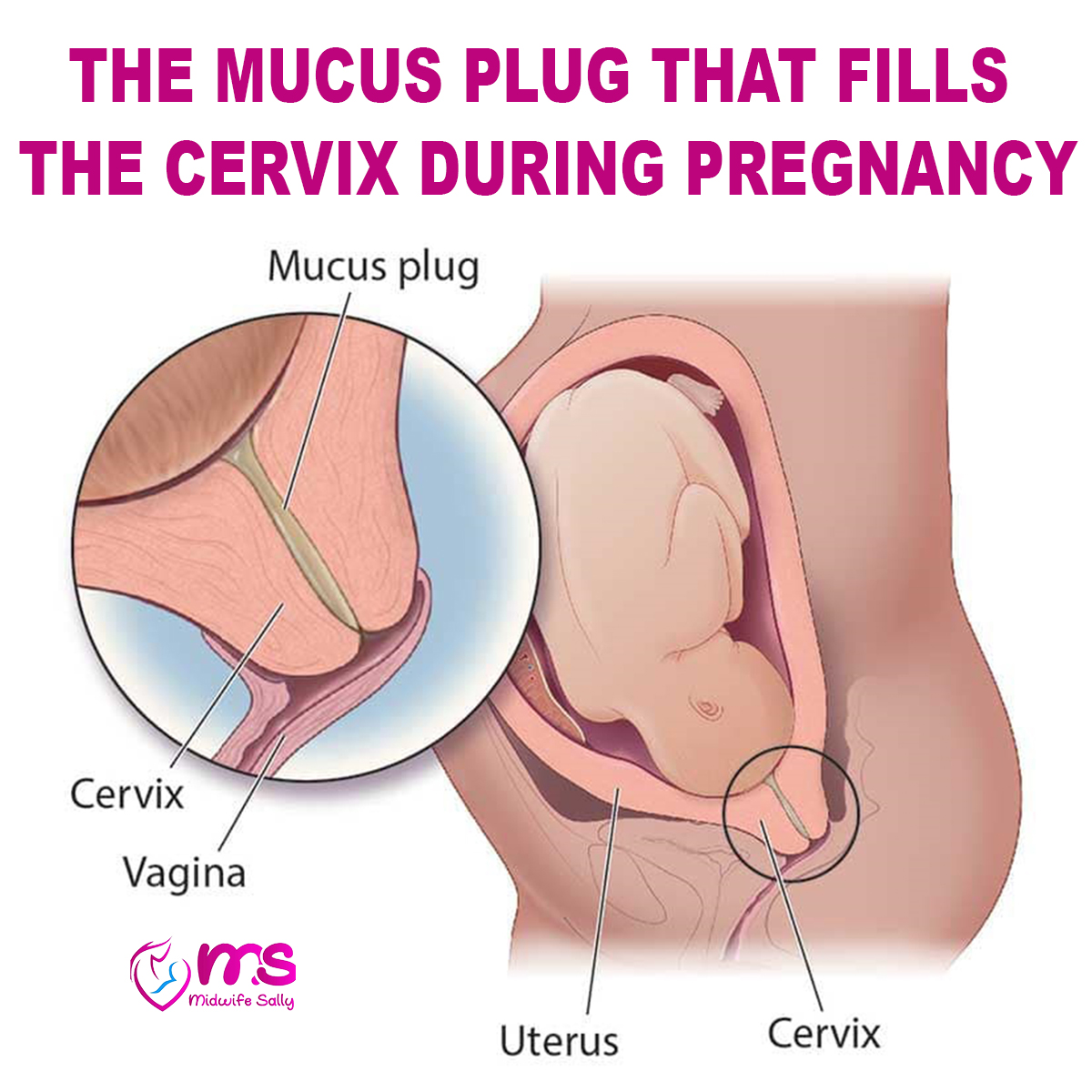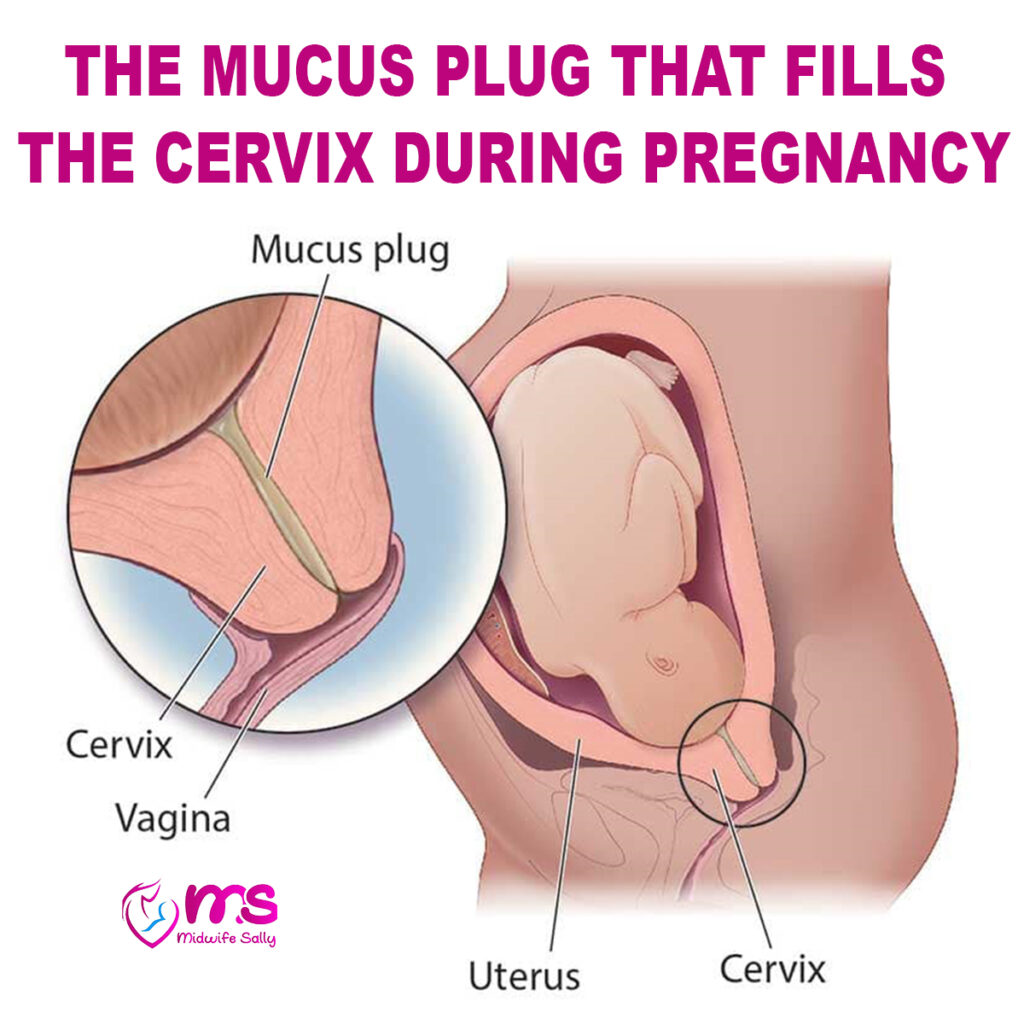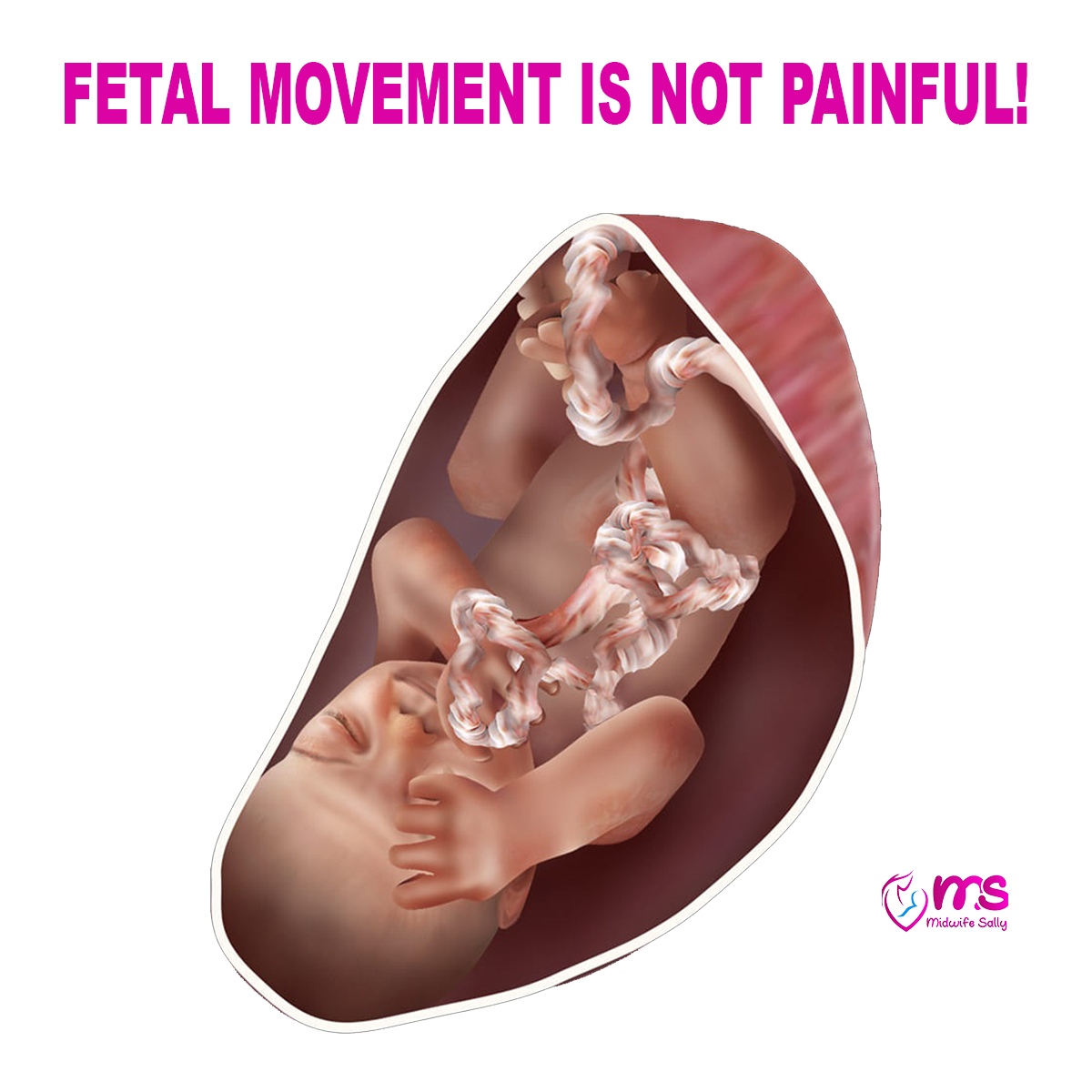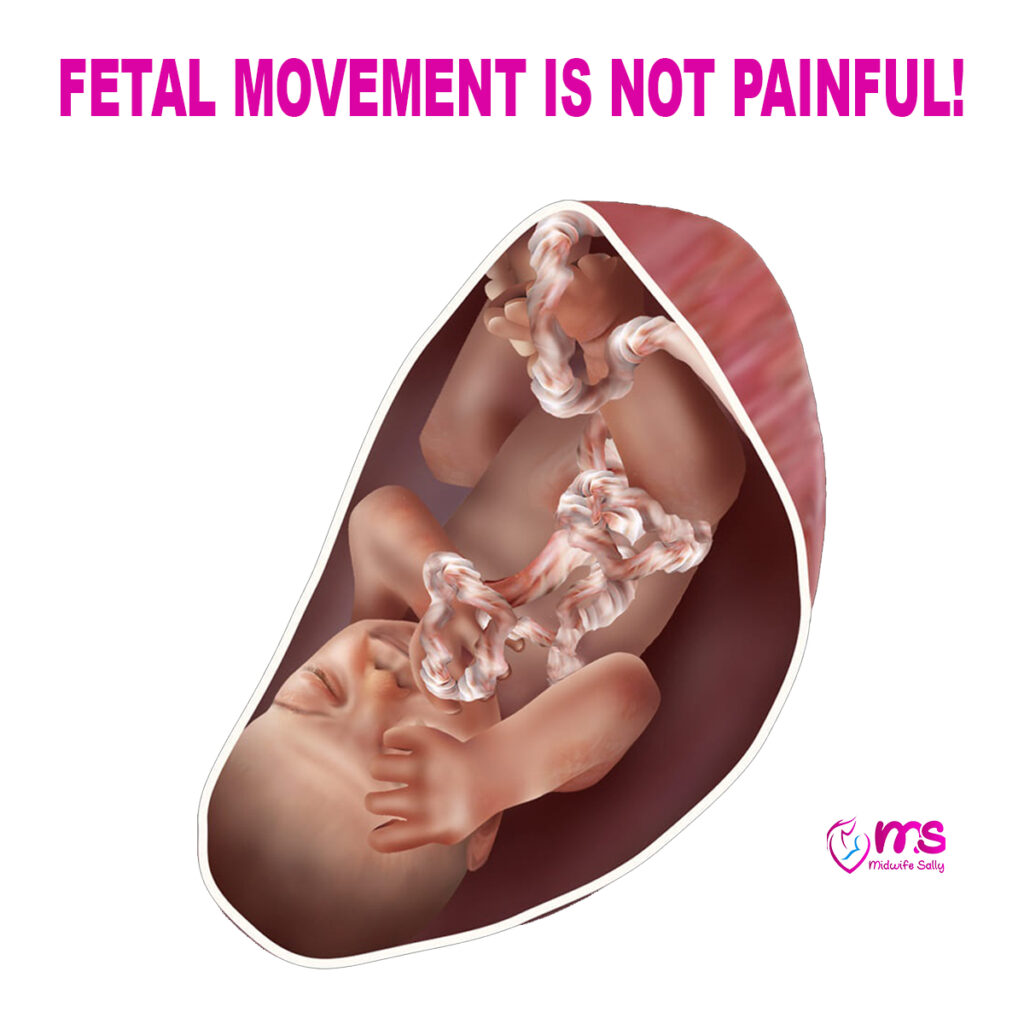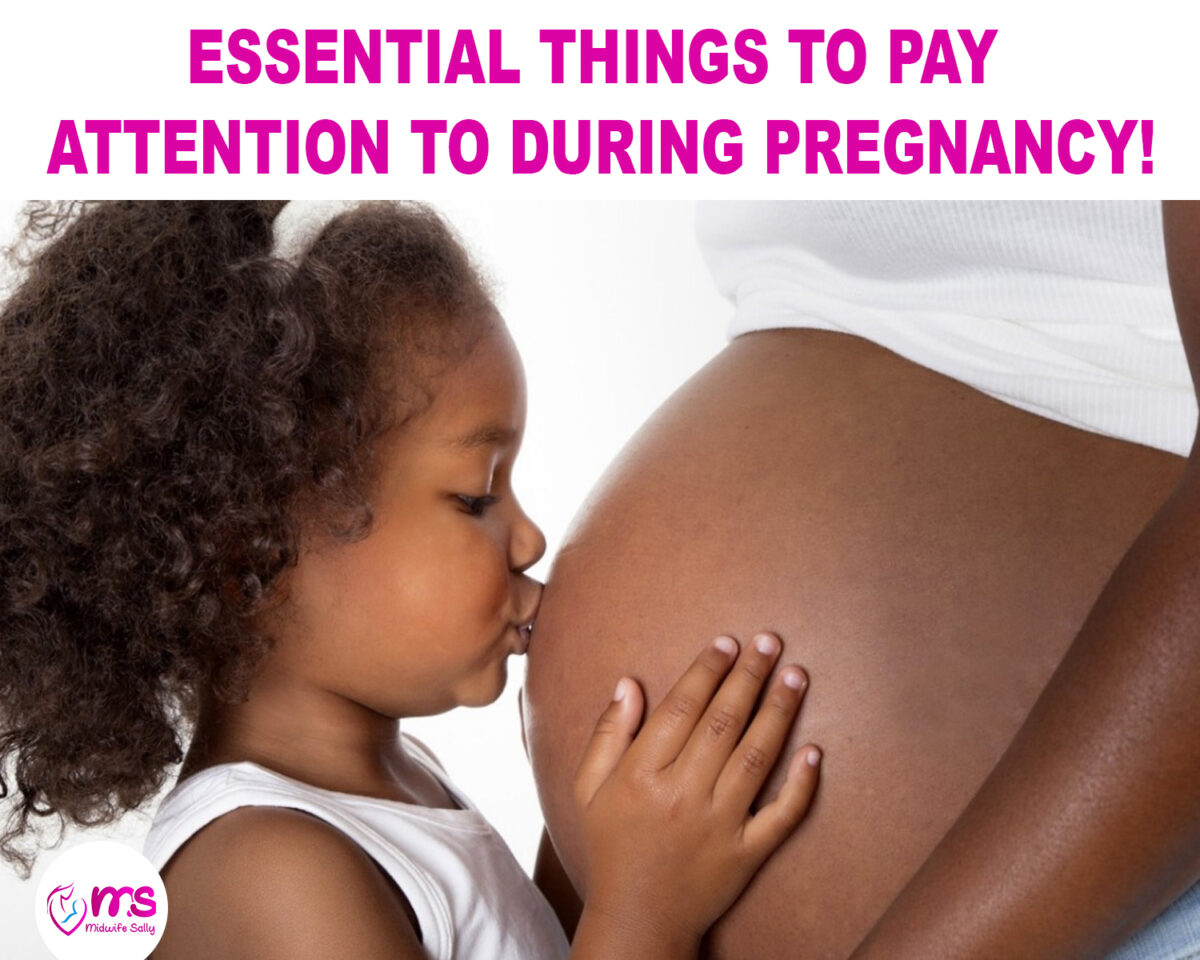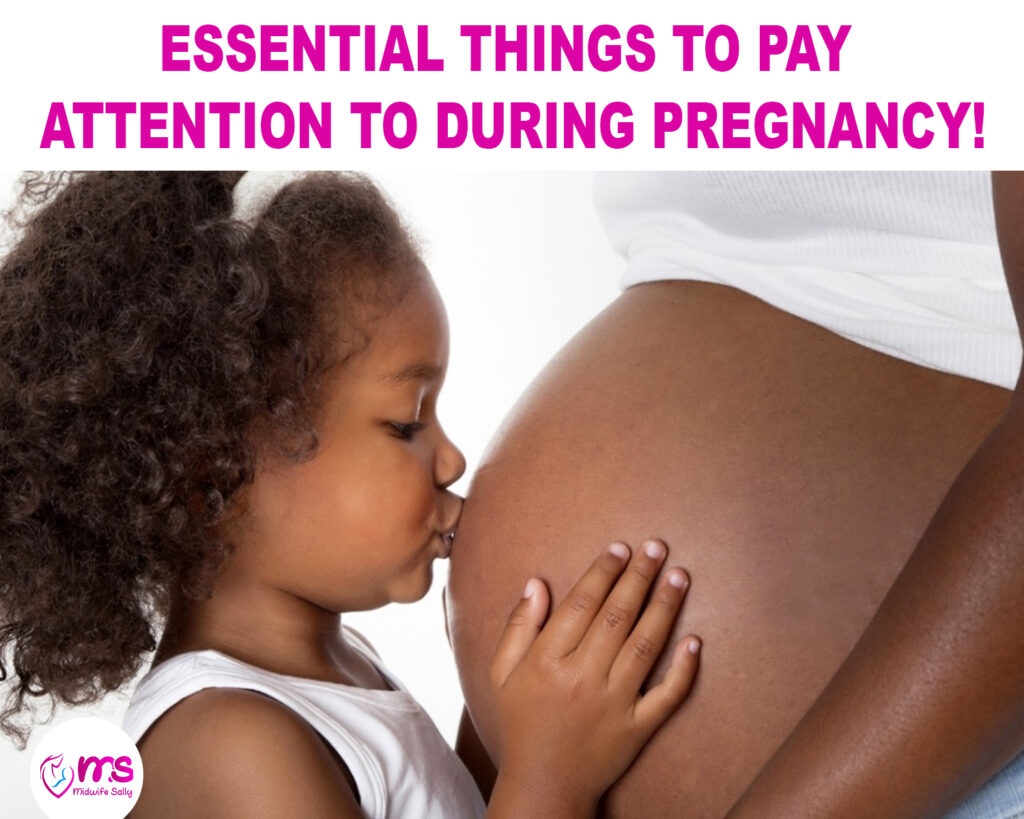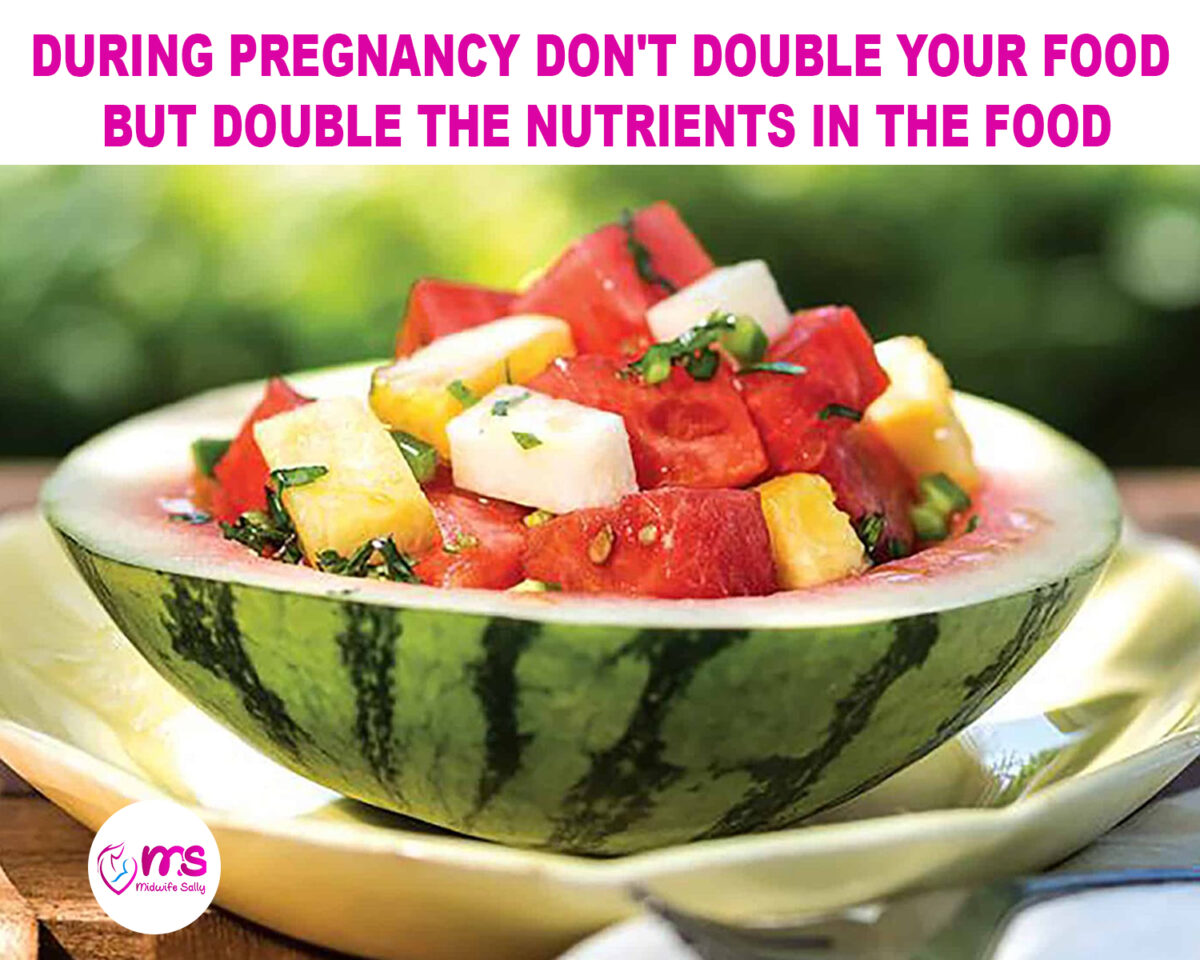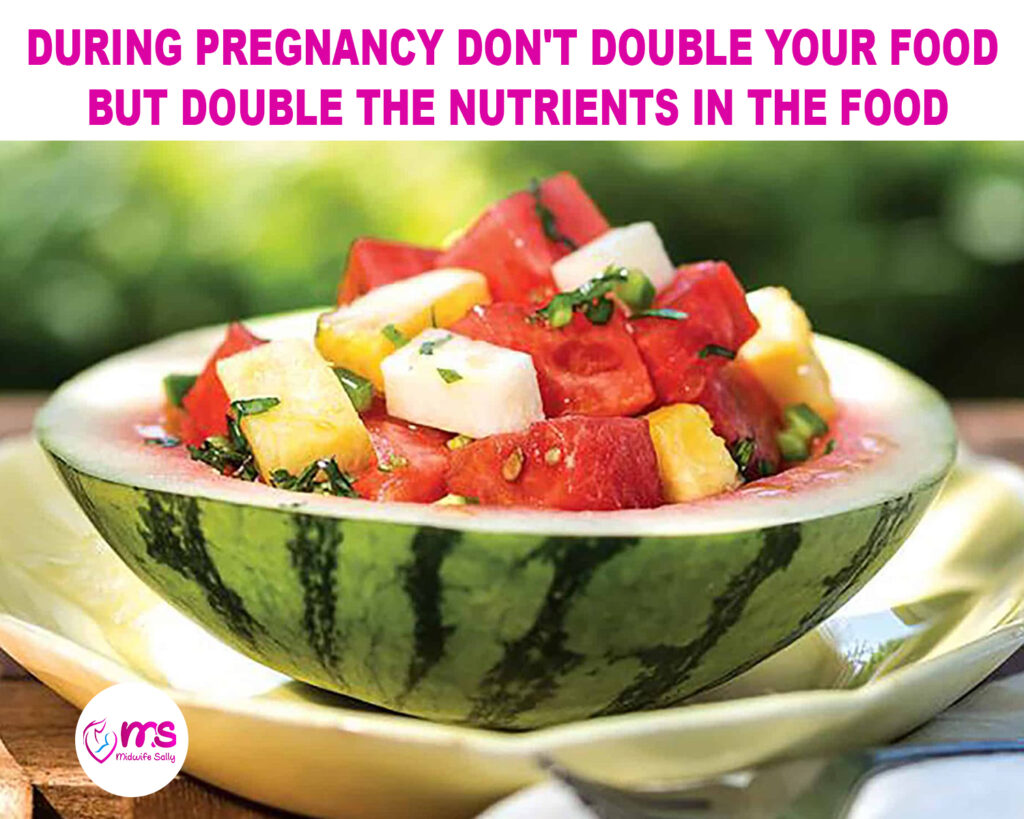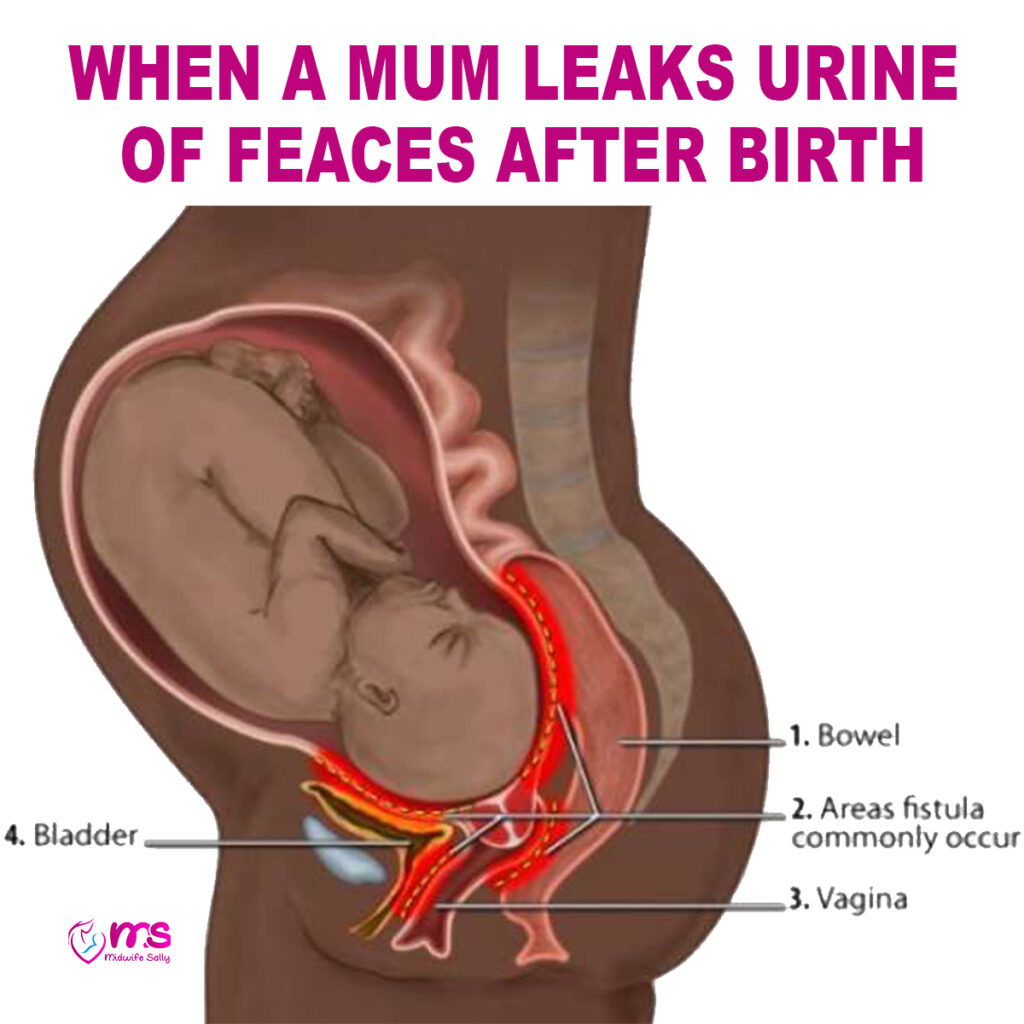
There are several complications that occur as a result of birth. One of them is called an obstetric fistula
A fistula is an opening between two organs. In obstetrics as a result of prolonged labor and other factors, a mum can have an opening between the anus and the vagina or bladder and vagina.
This can cause urine or stool to pass through the vagina. When this occurs, she may leak urine or stool without being able to control it.
It causes lots of inconvenience for the woman. It can also lead to infection. The smell of the urine and feaces can also make her withdraw from society making her condition worse.
Skilled delivery can help prevent fistula.
If after birth you are struggling with controlling urine or feaces, please do seek help.
The good news is that it can be repaired and you will have your regular life again
Disclaimer : This is for general information and does not replace your doctors advice
Our Pregnancy class 024228195
